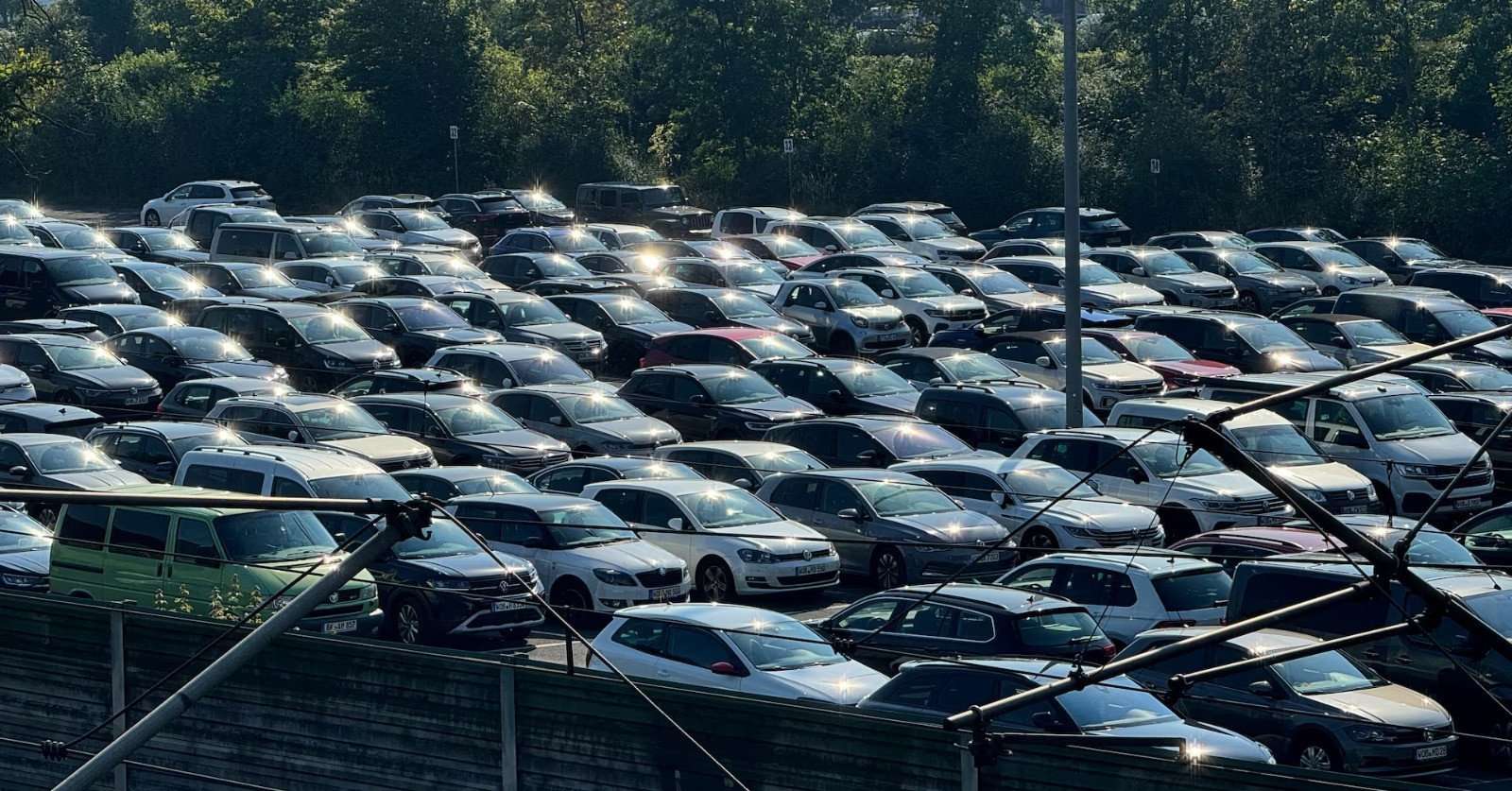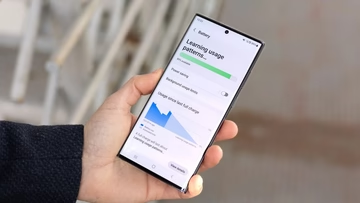
|
Getting your Trinity Audio player ready...
|
Volkswagen (VW), Europe’s largest carmaker, is facing one of its most significant labor confrontations in recent years. Workers across nine VW plants in Germany launched strikes on Monday, bringing the assembly lines to a halt. This labor unrest marks the beginning of a major dispute between labor unions and management, as they clash over wages, cost-cutting measures, and the company’s future direction.
The strikes were initiated by employees protesting against VW’s demands, including a proposed 10% wage cut, amidst economic challenges facing the automotive industry. As the strikes intensify, there are concerns that this labor unrest could escalate further, leading to more prolonged stoppages and a significant impact on the carmaker’s operations.
The Context: Volkswagen’s Struggle Amid Economic Pressures
Volkswagen’s Position in the Global Market
Volkswagen, headquartered in Wolfsburg, Germany, is one of the world’s largest automakers, employing around 670,000 people globally. In recent years, however, the company has found itself under increasing pressure. European automakers, including VW, have been grappling with high production costs, slowing demand for traditional vehicles, and increased competition from Chinese electric vehicle (EV) manufacturers. Moreover, VW’s transition to electric vehicles has been slower than expected, further complicating the company’s efforts to maintain profitability.
Volkswagen is also facing internal challenges, with labor costs becoming a key point of contention. The automaker has proposed measures to reduce costs, including plant closures and wage reductions. These proposals have been met with fierce opposition from workers and labor unions, who argue that the company’s cost-saving plans disproportionately impact employees while benefiting shareholders.
The Economic and Political Landscape in Germany
The strikes come at a time when Germany’s economy is already facing significant challenges. Economic growth in Europe’s largest economy has slowed down, and political instability has added to the uncertainty. With these pressures mounting, the labor dispute at VW is only exacerbating the situation. At the same time, other major carmakers, including Stellantis, are also facing difficulties, adding to the broader turmoil in the European automotive sector.
Details of the Strike Action
The Immediate Impact on VW’s Operations
The strike action on Monday involved workers from nine VW plants across Germany, including the flagship Wolfsburg plant, where around 70,000 employees are based. The strike lasted for two hours, disrupting the production of several hundred cars, including the iconic Volkswagen Golf. Other plants affected include Hanover, which employs around 14,000 workers, and Zwickau, a plant dedicated to producing electric vehicles.
The strike, while initially limited to a two-hour walkout, could escalate into longer and more frequent stoppages unless an agreement is reached in the next round of negotiations. The workers, represented by the powerful IG Metall union, are demanding better wages and job security as the company navigates the current economic challenges.
Volkswagen has warned that if the strikes continue, it may have to consider closing some of its plants in Germany, which would be the first time in the company’s 87-year history. The company’s management argues that it needs to reduce costs in order to stay competitive in a rapidly changing industry.
Union’s Position: A Tough Stance
The IG Metall union, which represents VW workers, has adopted a tough stance, warning that the strikes could escalate if VW does not address workers’ concerns. Thorsten Groeger, the union’s lead negotiator, stated, “How long and how intensive this confrontation needs to be is Volkswagen’s responsibility at the negotiating table.” He added that ignoring the workforce could lead to a situation where small sparks turn into a fire, implying that the union is prepared to intensify the strike action.
Daniela Cavallo, head of VW’s works council, also weighed in, suggesting that the company’s major shareholders, including the state of Lower Saxony and the Porsche-Piech family holding company, may also need to make sacrifices. Specifically, Cavallo proposed that shareholders might have to consider forgoing dividends in order to maintain the company’s workforce and ensure fair treatment of employees.
Volkswagen’s Response: Navigating Economic Realities
Cost-Cutting Measures and Plant Closures
Volkswagen’s management argues that the strikes and wage demands are unsustainable given the current economic climate. The company has been struggling with weak demand for traditional vehicles, high production costs, and increased competition from both established automakers and new entrants like Chinese EV makers. To address these challenges, VW has proposed a series of cost-cutting measures, including plant closures and workforce reductions.
In particular, the company has raised concerns about the high costs associated with maintaining its large network of plants in Germany. While Volkswagen’s iconic plants in Wolfsburg and Hanover have been central to the company’s success, there are concerns that the existing operations are no longer competitive enough to meet the demands of a rapidly changing automotive landscape.
The Electric Vehicle Shift and Its Challenges
Another significant challenge facing Volkswagen is the slow pace of its transition to electric vehicles (EVs). While the company has made significant strides in developing EVs, it has yet to fully embrace the electric revolution, and this is causing frustration among workers and unions. The Zwickau plant, which is dedicated to electric vehicle production, has been at the center of the debate. Workers at the Zwickau plant have also gone on strike, protesting not only wage cuts but also the company’s plans to shift more production to lower-cost regions.
VW’s hesitancy to fully embrace the electric transition is compounded by the high costs involved in the transformation process. As the automotive industry shifts toward electric cars, the challenge for Volkswagen is to balance the need for profitability with the necessity of investing in future technologies.
The Road Ahead: Will the Strikes Escalate?
Negotiations: A Critical Juncture
The next round of negotiations will be critical in determining whether the strikes will escalate or subside. Volkswagen is under pressure to find a solution that satisfies both the union and management. If a deal is not reached, the strikes could escalate into longer stoppages, affecting VW’s production and bottom line.
Given the economic challenges facing the company, Volkswagen may have little choice but to implement some cost-cutting measures, including wage reductions and plant closures. However, the company must also weigh the potential impact of these measures on its workers, who have long been the backbone of the company’s success.
Potential for Wider Impact
If the strikes continue to escalate, the impact could extend beyond Volkswagen. Other automakers in Germany and across Europe are facing similar challenges, and a prolonged strike at Volkswagen could signal a broader shift in the industry. The strikes could serve as a wake-up call for companies to reconsider their approach to cost-cutting and labor relations, particularly as the industry grapples with a transition to electric vehicles.
FAQs
1. Why are workers at Volkswagen on strike?
Workers are striking to protest Volkswagen’s proposed 10% wage cuts and cost-cutting measures, including potential plant closures. They are also concerned about the company’s slow transition to electric vehicles.
2. How many Volkswagen plants are affected by the strike?
The strike is affecting nine Volkswagen plants across Germany, including major plants in Wolfsburg, Hanover, and Zwickau.
3. What is Volkswagen’s response to the strike?
Volkswagen has warned that plant closures may be necessary if the strikes continue, as the company seeks to reduce costs and maintain profitability in a challenging economic environment.
4. What is the IG Metall union’s position on the strikes?
The IG Metall union, which represents Volkswagen workers, has taken a hard stance, warning that the strikes could escalate if Volkswagen does not address workers’ concerns about wages and job security.
5. How could the strike affect the German and European car industry?
A prolonged strike at Volkswagen could disrupt production and negatively impact the broader automotive industry, especially as other carmakers face similar challenges related to cost-cutting and the transition to electric vehicles.






